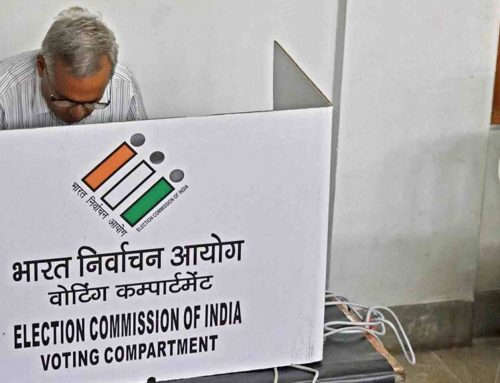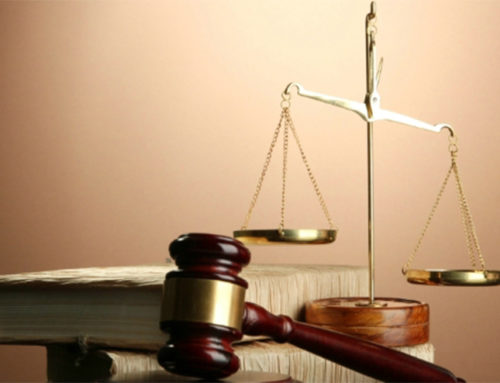Since there is a monopoly in vast majority of electricity industry, there is a strong need for consumer protection mechanisms. Although the independent regulators are doing well in their duty of overseeing and regulating the industry, there is a need for institutions at the consumer level to protect them from erring suppliers.
The Ombudsman:
The Ombudsman is a Scandinavian concept, which was created to redress the grievances of citizens. Ombudsman is the term used across the world and this is very popular institution. For Example: The Lok Pal bill provides for creation of such institution at central level.
The Consumer Grievances Redressal Hierarchy starts at the lowest level in complaint handling procedure relating to distribution and retail supply. It is also called as Internal Grievance Redressal Mechanism. Then the next level in the hierarchy is Forum for redressal of grievances. Then at the top level of the hierarchy is the Electricity Ombudsman.
There are few agencies available to provide remedies to consumers. They are, 1. Lok Adalats, 2. Consumer Forums and 3. National Human Rights Commission.
- Lok Adalats:
According to Section 22B of the Legal Services Authorities Act, 1987 permanent Lok Adalats can be established exclusively to handle issues in respect of public utility services including power supply and water supply etc. For example, there are such Permanent Lok Adalats in Delhi.
The only drawback with the Permanent Lok Adalat is that these People’s Court do not have jurisdiction in disputes with value of over Rupees Ten Lakhs. As the Lok Adalats are guided by the principles of natural justice, fair play, equity and good conscience and are not bound by the Code of Civil Procedure and the Indian Evidence Act.
This is one of the good institutions for consumers as they can get remedy faster. But still, according to the Section 174 of the Electricity Act, 2003, will have overriding effect in case, if is there any inconsistency between the Electricity Act, 2003 and The Legal Services Authority Act, 1987.
- Consumer Courts:
Under the Consumer Protection Act, 1986 there are three consumer dispute redressal agencies established and those are:
* Consumer Dispute Redressal Forum (District Forum)
* Consumer Dispute Redressal Commission (State Commission)
* National Consumer Dispute Redressal Commission (National Commission)
These agencies help the consumer to protect their interest with quick disposal of cases. Pecuniary Jurisdiction of the District Forum is below Rs. Five Lakhs, while the State Commission can decide cases with value between Rs. Five Lakhs and Rs. Twenty Lakhs. Anything above Rs. Twenty Lakhs will be dealt exclusively by the National Commission. Deficiency of Service by the Supplier is proved in several cases and the consumers successfully secured remedies.
- National Human Rights Commission:
In the case of Satyabrat Narain Singh in which he was electrocuted and died when he came into contact with a live electric wire lying on the ground, the National Human Rights Commission ordered interim compensation to the widow. Then after inquiring into the issue, the National Human Rights Commission ordered the Government of Bihar to pay compensation to the widow. The National Human Rights Commission has also ordered the Bihar State Electricity Board to frame rules and regulations to prevent such accidents from occurring in the future.
Conclusion:
The Lok Adalat, Consumer Forums and National Human Rights Commission are efficient in quickly disposing the cases, and are giving fast and effective remedies. But still the amount of compensation is very low in India while comparing with other countries and can just help as a consolation to the victim or his/her family.
In Uphar Cinema case, the Hon’ble High Court of Delhi gave a stern judgment and ordered the Delhi Vidyut Board to pay a compensation of Rs. Three Crores. The Court also held that the Delhi Vidyut Board is liable for proper maintenance of the electricity distribution system. This set a precedent at national level for more rational and exemplary compensation for the aggrieved.







Leave A Comment